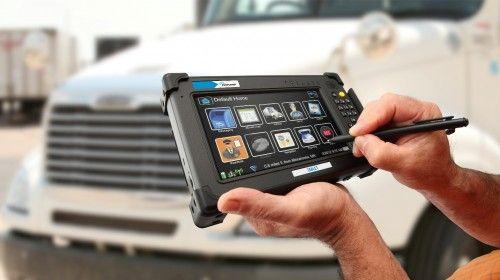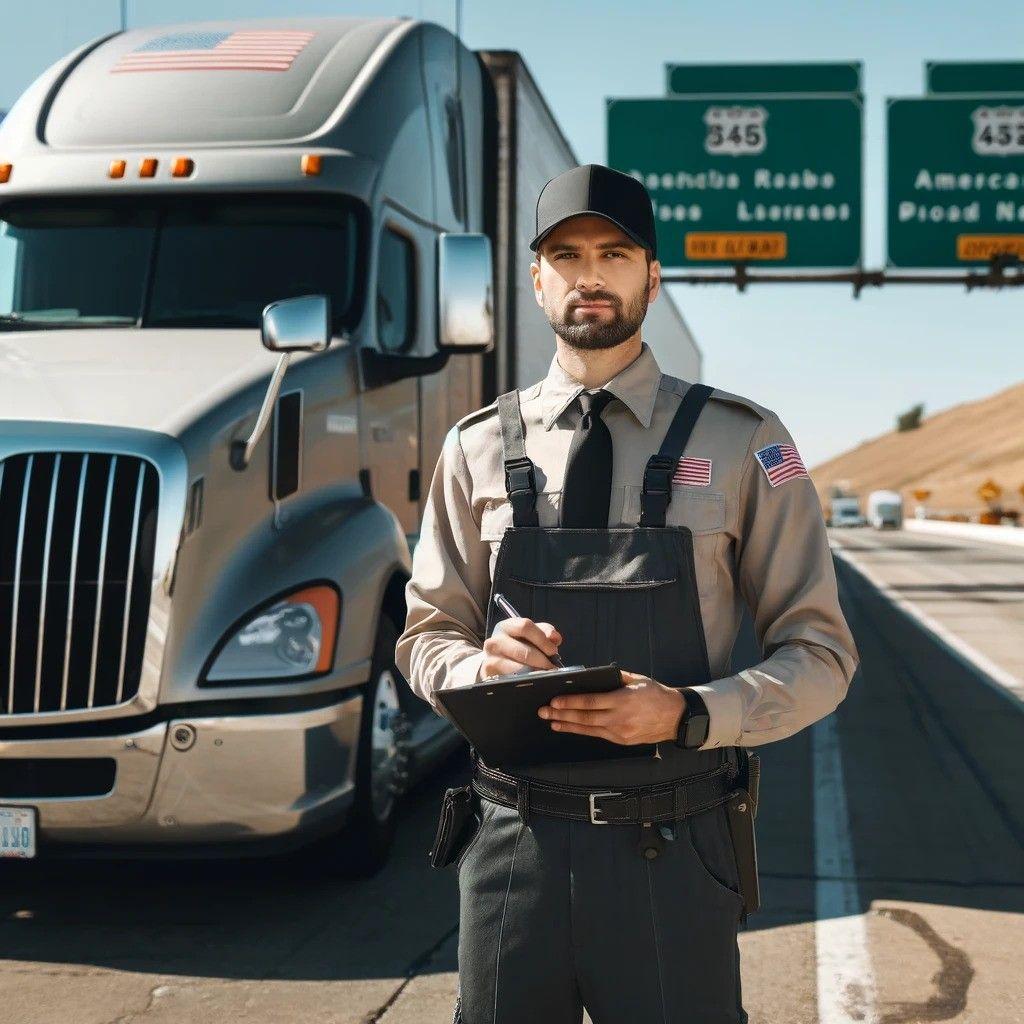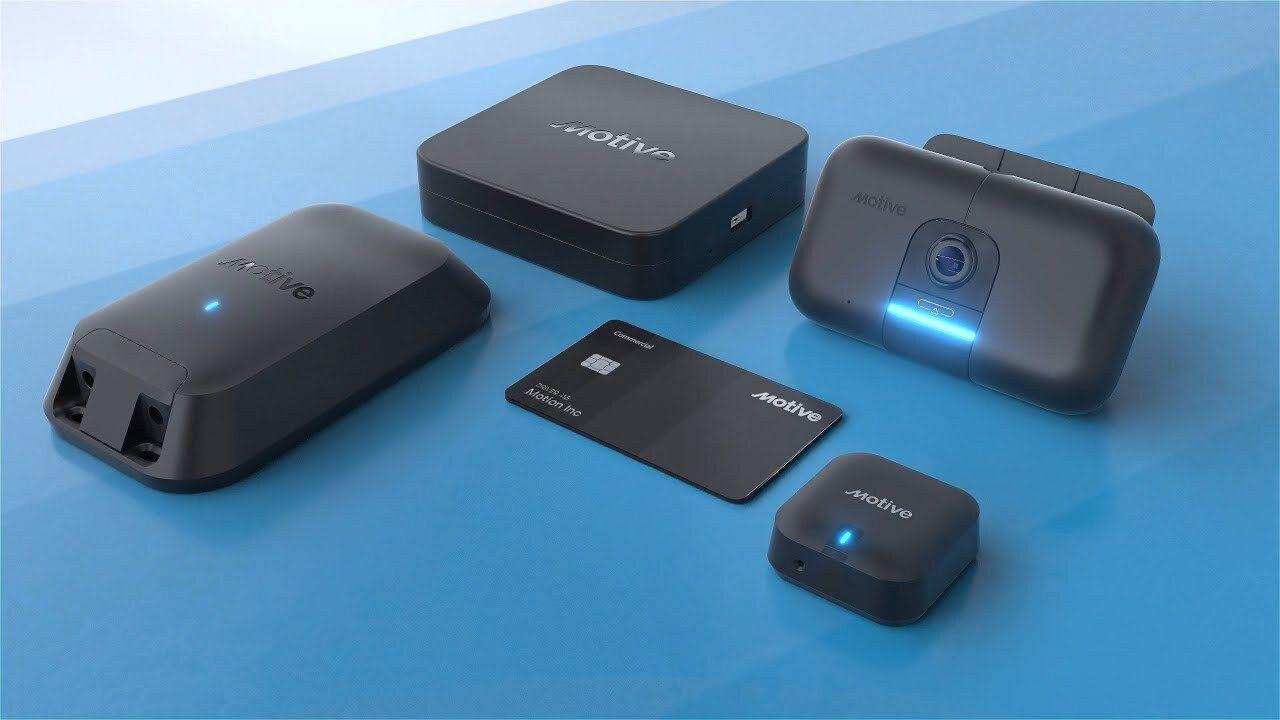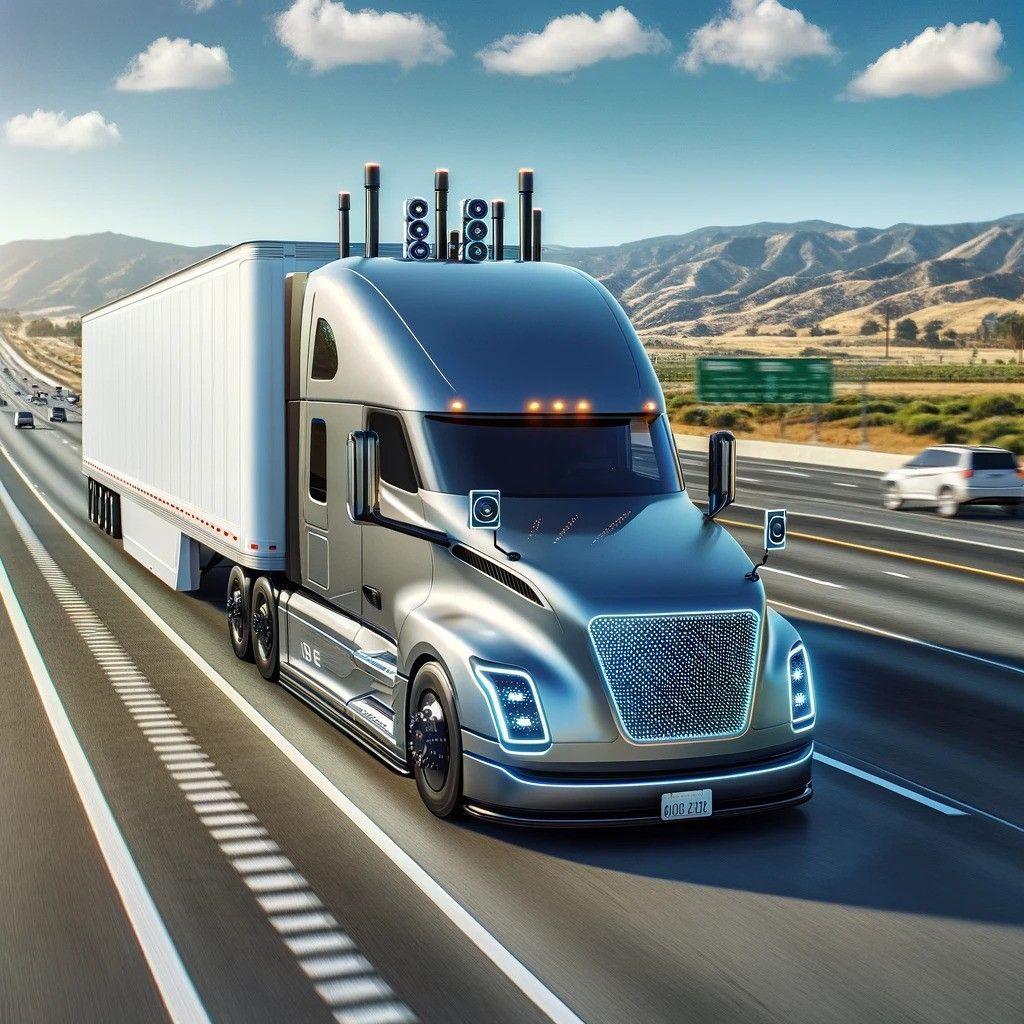
Electronic Logging Device and Compliance in Trucking
Streamlining Compliance: A Comprehensive Guide to Electronic Logging Devices in the Trucking Industry
Electronic Logging Devices (ELDs) are electronic devices used in the transportation industry to record and manage a driver\'s hours of service (HOS). They replace traditional paper logbooks and enable more accurate and automated tracking of a driver\'s compliance with HOS regulations.
- Purpose and Regulation: ELDs are primarily used to ensure compliance with HOS regulations, which are rules set by government authorities, such as the Federal Motor Carrier Safety Administration (FMCSA) in the United States. HOS regulations dictate the maximum number of hours a commercial driver can work and the mandatory rest periods they must take.
- Functionality: ELDs are electronic devices that are typically connected to a vehicle\'s engine to automatically record driving time, engine hours, miles driven, and other relevant data. They provide a digital record of a driver\'s duty status, including driving, on-duty, and off-duty time.
- Features: ELDs offer various features to simplify and streamline the logging process. These can include automatic recording of driving time, integration with vehicle data, real-time alerts for potential violations or errors, ability to edit and annotate logs (with appropriate permissions), and easy access to historical records.
- Driver Responsibility: Commercial drivers are responsible for ensuring that the information recorded by the ELD is accurate and complete. They need to review and certify their logs regularly, provide annotations for any necessary edits, and maintain supporting documents for their HOS records.
- Data Transfer and Storage: ELDs typically utilize a standardized format for storing and transferring data. They can transmit data to law enforcement officers during roadside inspections via wireless or telematics methods. ELDs also store data securely, usually in a tamper-resistant format, for the required duration specified by regulatory authorities.
- ELD Mandate: In many jurisdictions, including the United States, the use of ELDs is mandated by law for certain commercial motor carriers. For instance, in the U.S., the ELD mandate applies to most commercial motor vehicles involved in interstate commerce and subject to HOS regulations.
- Benefits: ELDs offer several benefits, including increased accuracy and integrity of HOS records, reduced paperwork and administrative burdens, improved compliance with HOS regulations, enhanced safety by promoting proper rest periods, and better efficiency in managing driver schedules and operations.
- ELD Provider Certification: ELDs must comply with specific technical requirements and be certified by the regulatory authorities in some jurisdictions, such as the FMCSA in the U.S. This certification ensures that ELDs meet the necessary standards for accurate and reliable recording of HOS data.
- Training and Implementation: Proper training and education are essential for drivers and carriers when adopting ELDs. This ensures that they understand the device\'s functionality, their responsibilities, and how to use the ELD effectively and in compliance with regulations.
It\'s important to note that while the information provided here covers general aspects of ELDs, specific regulations, requirements, and technical specifications may vary by country or region. Carriers and drivers should consult local authorities and seek professional advice to ensure compliance with applicable laws and regulations regarding ELDs.
Key Topics Covered
Written by
Compliance Team
Specialized in trucking regulations, permitting requirements, and regulatory compliance. Our compliance experts ensure carriers stay informed about the latest industry standards and legal requirements.


